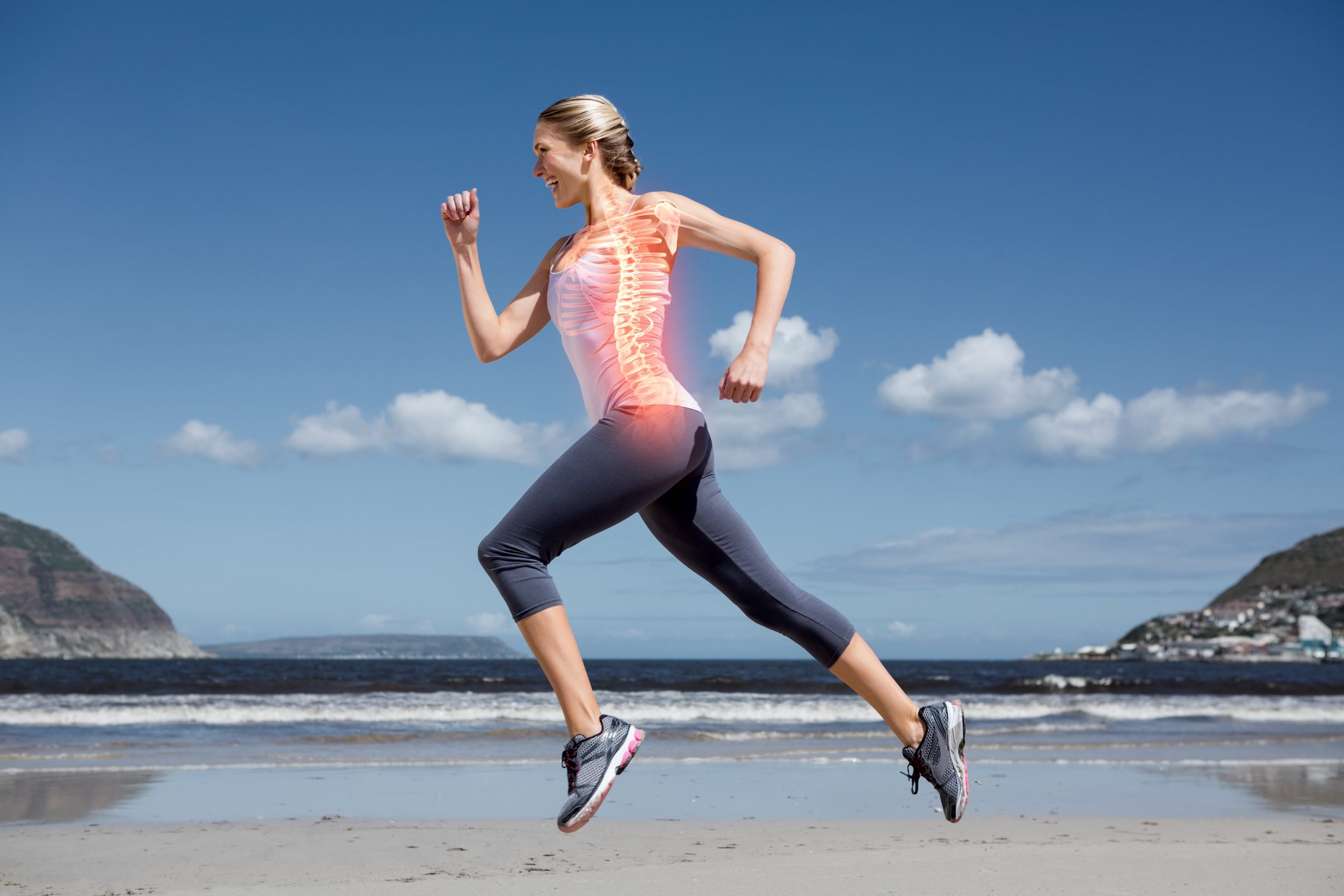Minerals are incorporated into human bones during childhood, adolescence, and early adulthood. At age 30, folks have all acquired maximum bone mass. If the inadequate bone mass is diagnosed at this time, you risk developing fragile bones that can break easily. Luckily, various nutritional interventions and lifestyle changes can help build strong bones and maintain them as age advances.
Numerous natural strategies to build healthy bones exist. Hence, research has shown that around 1 billion people globally suffer from nutrition deficiencies. Many factors have contributed to this global challenge, and many people are oblivious of ways to keep their bones strong. Some lifestyles and foods can go a long way in remedying this challenge. This article will explain different natural ways to build healthy bones.
Eat Enough Protein
Consuming sufficient protein is vital for healthy bones. Science-wise, about 50% of bone mass comprises proteins. Researchers suggest that low protein intake reduces calcium absorption and affects bone formation and breakdown rates. However, people raise concerns that high-protein diets leach calcium from the bone to reduce acidity in the blood. Other researchers indicate that this doesn’t happen in individuals who take up to 100 grams of protein daily if this is balanced with plenty of plant foods and enough calcium intake. Studies reveal that older women have better bone density when they eat a higher quantity of protein. In one observational study of over 144,000 postmenopausal women, higher protein consumption was related to a lower risk of forearm fractures.
Additionally, it showed significantly higher bone density in the hip, spine, and overall body. Diets comprising a greater percentage of calories from protein may aid preserve bone mass during weight loss. In one research, women who ate 86% of protein daily on a calorie-limited diet lost less bone mass from their spine, hip, arm, and leg than women who took 60 grams of protein daily.
Take Plenty OfVitamin D And K
Vitamins K and D are extremely pivotal for building strong bones. Vitamin D serves multiple roles in bone health, including assisting the body in absorbing calcium. Achieving a blood level of a minimum of 30 ng/ml (75 nmol/l) is proposed to protect against osteoporosis, osteopenia, and other bone diseases. Research indicated that adults and children with low vitamin D levels tend to contain lower bone density and risk bone loss than individuals who acquire enough. Unfortunately, vitamin D is popular and affects about 1 billion people globally.
Vitamin K2 anchors bone health by modifying osteocalcin – a protein involved in bone formation. Usually, modification enhances osteocalcin to bind to minerals in bones and assists the loss of calcium from bones. The two vital forms of vitamin K2 are MK-4 and MK-7. MK-4 exists in minute quantity in the liver, eggs, and meat. Fermented foods like sauerkraut, cheese, and a soybean product called natto contain MK-7. Small research confirmed that in young, healthy women, MK-7 supplements elevated vitamin K2 blood levels more than MK-4.
Avoid Low-Calorie Diets
Dropping calories too can affect bone mass. It slows down metabolism, causes muscle mass loss, creates rebound hunger, and can be dangerous to bone health. Research indicates that diets providing less than1000 calories per day can result to lower bone density in normal weight or overweight. A study of obese women who took 925 calories daily for four months experienced an appreciable loss of bone density from their hip and upper thigh region. To maintain and build strong bones, adopt a well-balanced diet that supplies at least 1220 calories per day. It should accommodate plenty of protein and foods rich in vitamins and minerals that anchor bone health.
Eat Plenty of Vegetables
Vegetables are essential for bone mass as they are the best sources of vitamin C, which triggers the production of bone-forming cells. Vegetables also appear to increase bone density, measuring the calcium and other minerals contained in the bones. Studies suggest that Vitamin C’s antioxidant effects may protect bone cells from damage. Osteoporosis (brittle bones) and osteopenia (low bone mass) are conditions that mark low bone density. High consumption of yellow and green vegetables has been related to increased mineralization during childhood and the maintenance of bone mass in young adults.
Also, eating enough vegetables adds benefits to older women. A study in women over 50 found that those who ate onions more often had a 20% lower chance of osteoporosis than women who rarely ate them. One main risk factor for osteoporosis in older adults is elevated bone turnover. In a three months’ study, women who ate more than nine servings of cabbage, broccoli, parsley, or other plants rich in bone-protective antioxidants had a reduction in bone turnover.
Eat Foods Rich in Calcium
Calcium is an essential mineral for bone health. It is the major mineral contained in human bodies. Because old bone cells are continuously damaged and replaced by new ones, it is necessary to eat calcium daily to protect bone structure and strength. The RDI for calcium is 1000 mg per day for most people, although youths require 1300 mg and older women need 1200 mg. However, the quantity of calcium the human body absorbs can differ greatly. Fortunately, if you consume a meal containing more than 500mg of calcium, the body absorbs much less of it than when a lower amount is consumed.
Therefore, there is a necessity to spread calcium intake daily by including calcium-rich foods in each meal. It is recommended to acquire calcium from foods than supplements. The research found that although high calcium intake from foods reduced the chances of heart disease overall. Those who took calcium supplements had a 22% greater risk of heart disease.
Conclusion
Bone health is essential to minimize fractures. Nutrition and lifestyle changes encourage bone health. Such changes include exercising regularly, eating calcium-rich food, and incorporating vegetables into your meals. However, having strong bones is something individuals don’t notice, as symptoms often do not appear until bone loss advances. People also tend to be involved in activities that weaken bones, like inactivity and drug abuse. It should be a goal for everyone to uphold the lifestyle and nutrients that promote bone health. If someone has osteoporosis (brittle bones), they are advised to seek advice from the doctor.
- Chickpeas vs. Garbanzo Beans: What’s the Difference? - April 19, 2024
- How to Manage or Improve Anxiety - September 21, 2023
- The birth of a company - July 29, 2023









